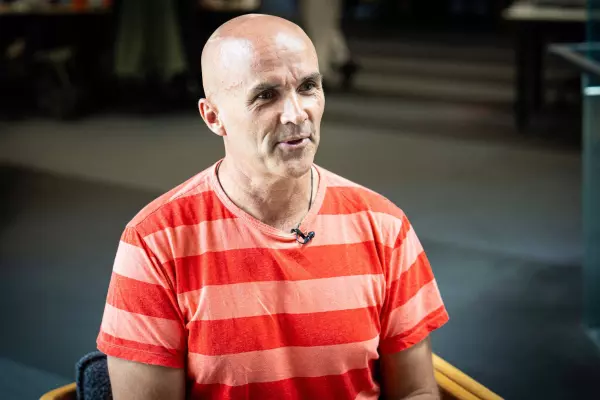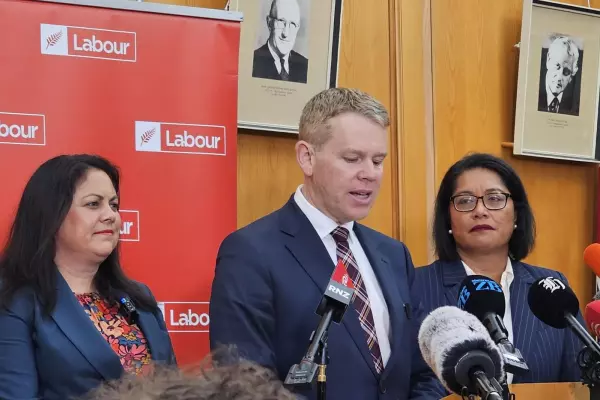There's a reason Metlifecare director Carolyn Steele was paid $92,500 in the year ended June: she, along with the rest of the board, was supposed to direct.
The law spells out the minimum requirements which include that she "must act in good faith and in what the director believes to be the best interests of the company" and that she "must exercise the care, diligence and skill that a reasonable director would exercise in the same circumstances."
The Institute of Directors has plenty of advice on what directors should do.
"Directors set the vision and long-term goals of the organisation. This includes the strategy to achieve that vision, as well as the monitoring of the strategy implementation," its website says.
Further, it says: "A good board will try to debate an issue from every angle before coming to a decision. A director should be prepared, informed, and ready to debate and think about the strategic future."
None of this even remotely suggests that these rules don't apply when a director represents a major shareholder.
But there are times when a director has a conflict of interest with the course their company might take, such as if the company wished to buy an asset from a director, or interests associated with that director.
Handling conflicts
In such a case, that director should exclude themselves from not only the decision-making, but also all board discussion of the pros and cons.
It was on the grounds of such a conflict of interest that Steele abstained from providing a recommendation to shareholders on Sweden-based EQT's second $6 per share takeover offer – all Metlifecare's directors, including Steele, had recommended the earlier $7 per share offer.
The explanation in the second scheme booklet of Steele's position was that "she has an association with NZ Super Fund (as she previously worked as a portfolio manager at NZ Super Fund and had been appointed as NZ Super Fund's representative on the board.)"
Steele was otherwise engaged so she didn't attend the meeting to vote on EQT's second offer and so was unable to answer a shareholder's question about her position. Steele was also unavailable to be interviewed by BusinessDesk.
However, Chapman Tripp partner Roger Wallis, who had been advising the board on EQT's offer, spoke on her behalf.
He told the meeting Steele "had a clear conflict of interest" and that she had felt it was "inappropriate" for her to make a recommendation, given that the Super Fund had already made its position known to the board "in unequivocal terms."
Letter to the board
The Super Fund had signed an agreement with EQT that it would support the second offer by voting its 19.8 percent stake in favour of the scheme of arrangement.
The Super Fund had also written to Metlifecare's board informing it of this and urging the board to facilitate a shareholder vote on the matter.
In my view, given the Super Fund had clearly stated its position, logic says that Steele didn’t feel she could recommend the second offer, but also felt she couldn't recommend against it either because she was the Super Fund's representative on the board.
I asked Wallis if that was a fair reading of her situation, and he said it wasn't.
With the first offer, EQT had sought a unanimous recommendation in favour from the Metlifecare board but only required that a majority of directors support the second offer, Wallis told BusinessDesk.
Four of the six directors did recommend it while chair Kim Ellis recommended shareholders vote against it.
So did Steele not participate in the board's discussions about the second offer?
"She participated in the discussions but didn't feel it was appropriate" to then make a recommendation, Wallis said.
Legally off the hook
Steele had "no obligation in law" to make a recommendation and "these things are matters of judgement," he said.
"It's up to her to decide whether she feels it's appropriate to make a recommendation …. she was uncomfortable making a decision independent of the major shareholder, the 20 percent shareholder."
The NZ Shareholders' Association, which told its members it would vote any proxies it held against the scheme, said her association with the Super Fund shouldn't have been relevant to her duty to Metlifecare.
"Shareholders have been deprived of knowing how she evaluates the offer, something that is, at the least, far from satisfactory," NZSA said.
As for Steele failing to attend the meeting – and remember, it was a hybrid with many, including BusinessDesk, participating online – she had "a prior commitment that she couldn't break," Wallis said.
That prior commitment had been entered into before the time and date of the Metlifecare meeting was set. "It wasn't easy to schedule a meeting that all of the directors could attend," Wallis said.
Steele was still away when BusinessDesk spoke to Wallis the Wednesday after the meeting, he said, adding that the commitment was unrelated to Metlifecare and that it was school holidays.
Dereliction of duty
All of which has convinced me that my supposition must be correct.
If Steele felt she could have recommended the EQT offer, she would have done so and have been in complete accord with the shareholder she represented, the Super Fund.
That she didn't so recommend can only mean she didn't think the offer was good enough, but didn't want to act against the interests of the Super Fund by recommending that shareholders vote against the EQT offer.
In my opinion, her failure to make a recommendation or to attend the meeting were both a dereliction of her duties as a director, no matter the legality.
One wonders what the shareholders of Green Cross, of which Steele is also a director and which Ellis also chairs, think of her attitude towards Metlifecare.
NZSA backed her re-election to the Green Cross board at that company's AGM back in August but "the NZSA will be looking for greater clarity from Ms Steele in future around her position on any other company of which she is a director," said chief executive Michael Midgley.
Steele is also a director of WEL Networks, Ultrafast Fibre and chairs the Halberg Foundation.














